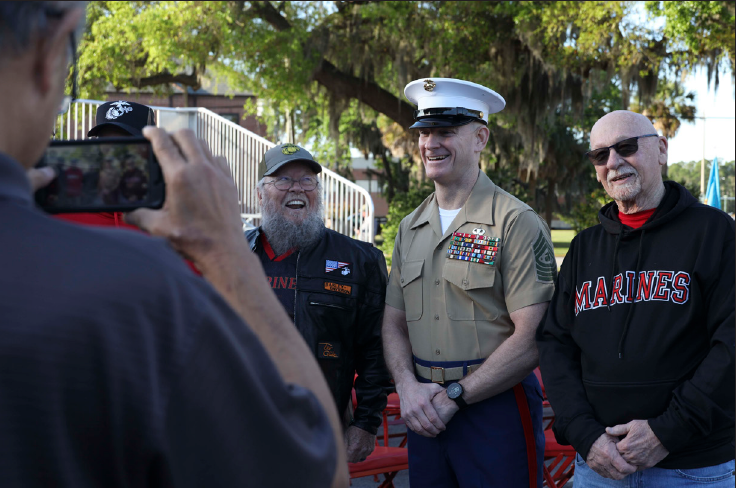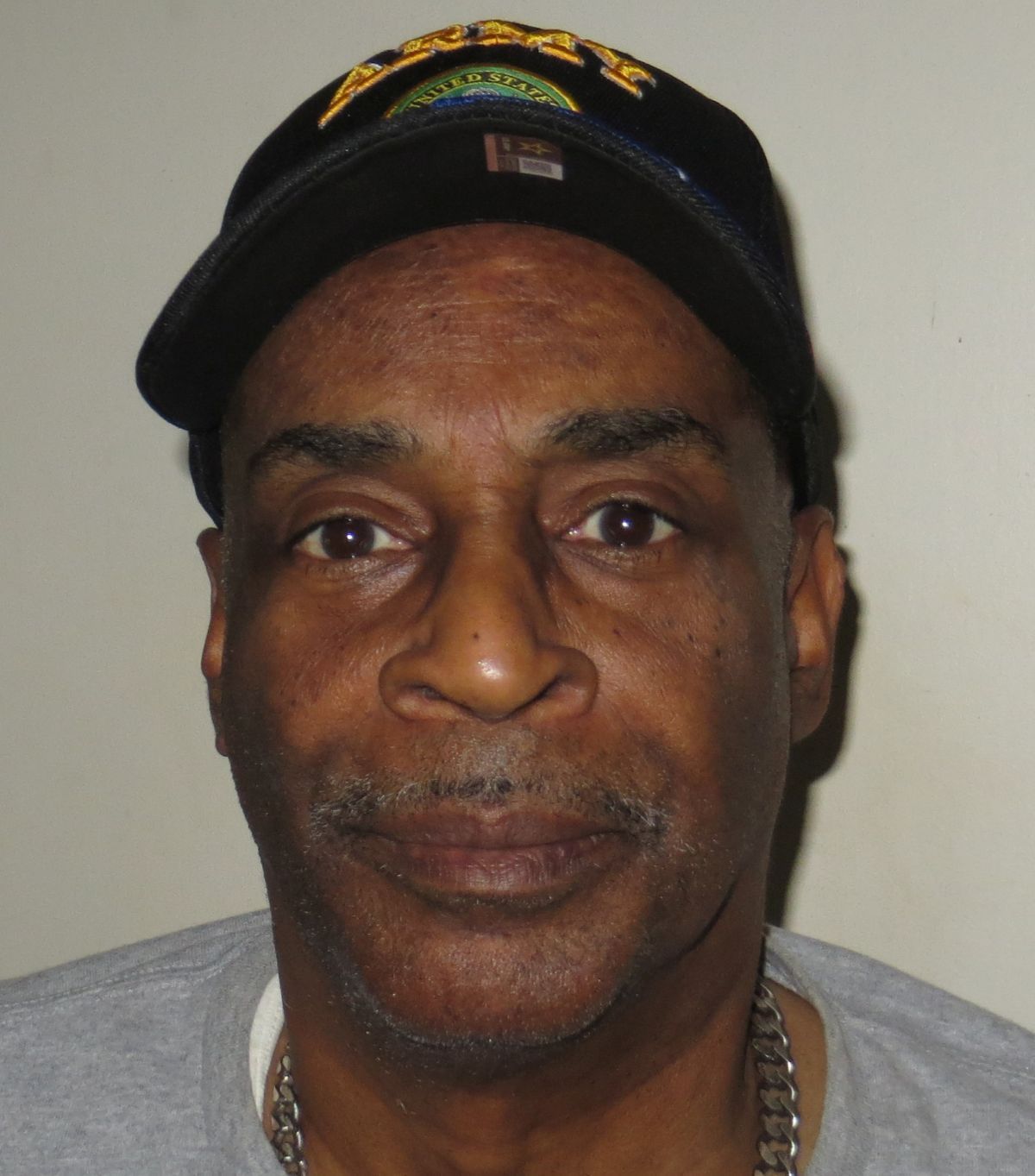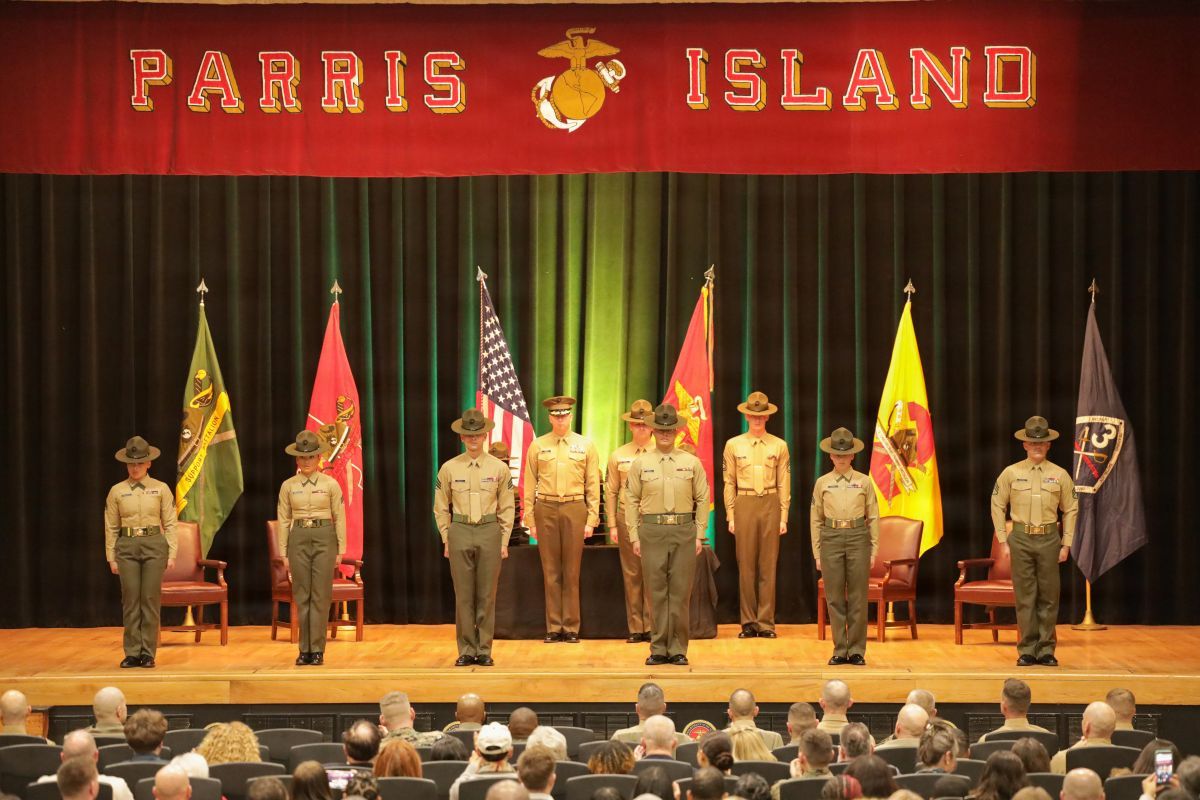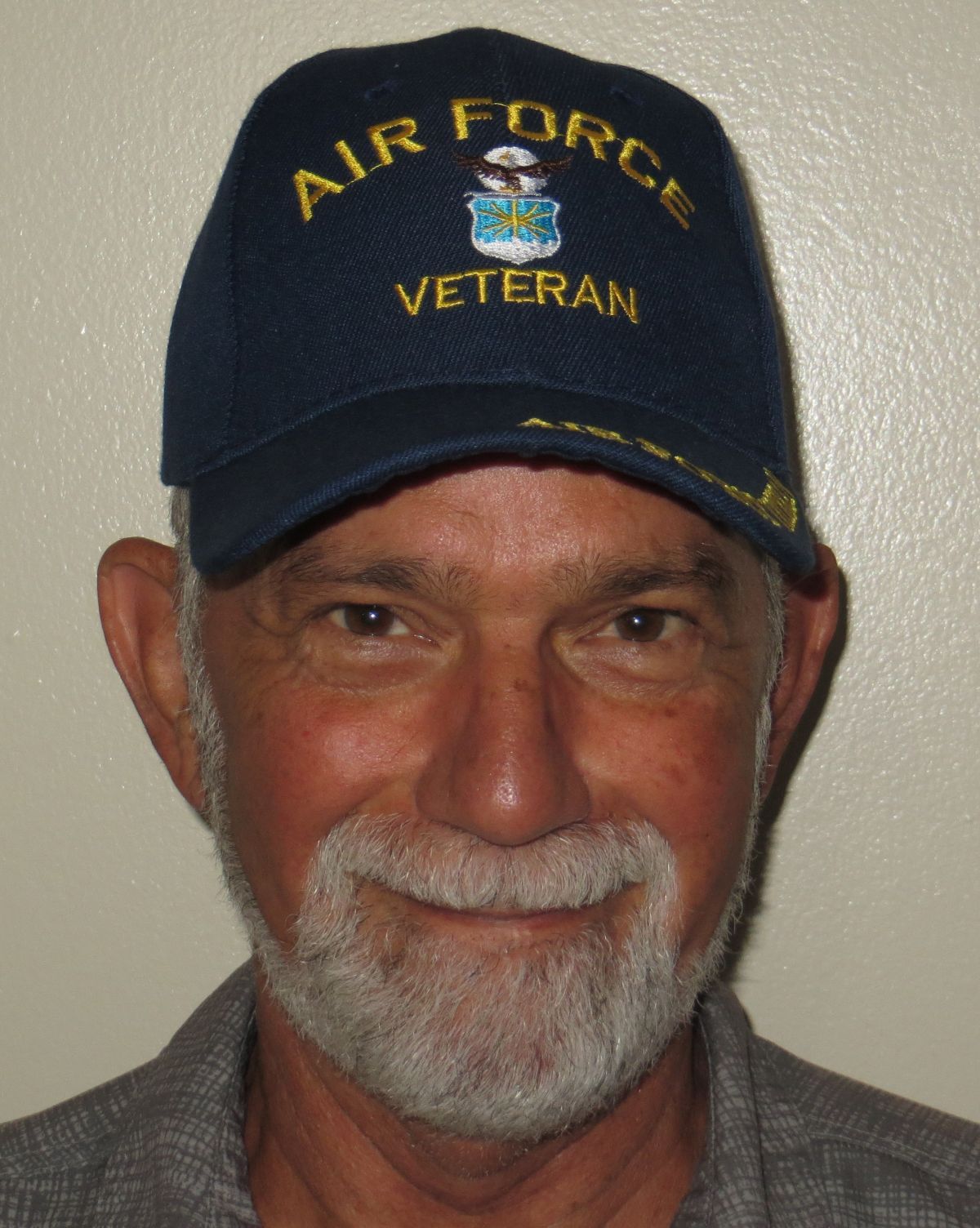Most veterans know that they can file a VA disability claim for a military service-connected disability (injury, illness, and condition) caused by asbestos and other hazardous materials exposure. However, few recognize that veterans (and non-veterans) can also file claims against asbestos trusts and file lawsuits against companies still in business for asbestos injuries.
The Asbestos Bankruptcy Trust System
Today, thousands of veterans are suffering from life-threatening illnesses that are a result of exposure years ago to asbestos. Asbestos is a material that was commonly used in hundreds of military applications, products, and ships because of its resistance to heat.
Every branch of the military used asbestos products during the 20th century, causing high rates of asbestos-related cancers and non-cancer injuries among veterans today. The timing of these high rates of injuries and claims is due to the latent nature of asbestos-related diseases, in which the manifestation of the disease can occur 25-40 years after exposure.
Veterans can also receive compensation from the manufacturers of the asbestos-containing products to which they were exposed. Currently, there are more than 50 asbestos bankruptcy settlement trusts with billions of dollars set aside for the purpose of compensating workers injured by their products. Today, more than $20 billion in assets reside in the trust system.
History of Asbestos Trusts
Asbestos was used everywhere in the country prior to the 1980s. Starting in the 1980s, companies mining, manufacturing, and using asbestos faced tens of thousands of lawsuits in court. In 1994, Congress passed an amendment to bankruptcy law that allowed companies to set up asbestos trusts to compensate asbestos victims and spare the companies further lawsuits.
South Carolina has a high asbestos disease and injury rate. According to the South Carolina Detailed Mortality Statistics Volume II Annual Vital Statistics Series, many South Carolinians die from mesothelioma.
Charleston (probably due to the old Charleston Navy Yard and industries like the bankrupt Raybestos Manhattan of North Charleston) records nine asbestos-related deaths per 100,000 residents. This high rate is double the state rate and exceeds the national average.
Good news for Asbestos Trust claimants
The good news is veterans do not, in an Asbestos Trust Claim, have to prove their injuries are caused by asbestos exposure, they only need to prove their condition was worsened or was related to asbestos. Veterans can establish their exposure simply by showing that they served at locations (which include Navy vessels) on the very extensive site lists maintained by the trusts.
Multiple Asbestos Trusts
Veterans, who are eligible to file a claim against an asbestos trust, can file claims with multiple trusts and receive separate payments from each trust when their claim is approved. Because Veterans’ exposure is presumed for any site listed on the Approved Asbestos Trust Site Lists, veterans are often awarded thousands of dollars for non-cancer-related injuries and six-figure amounts for cancer injuries.
Trusts are set up on a model similar to Medicare: if a claimant meets the eligibility requirements, the claimant gets paid. There is no litigation, no discovery, and no courts in claims against asbestos trusts. Eligibility is determined by information and documentation submitted by the claimant and if the claimant can check the required boxes, he gets paid.
Thousands of military bases and sites are on Approved Asbestos Trust Site Lists
There are thousands of military bases and sites on the Approved Asbestos Trust Site Lists. For example, this author was stationed at Forts Jackson, Polk, Gordon, Campbell, Bragg, Eustis, Benning, and Rucker – and in Vietnam, Iran, Germany, Sierra Depot, and all these locations are on approved asbestos trust lists.
Veterans are especially at high risk for asbestos injuries. Veterans make up about 30 percent of all people diagnosed with mesothelioma and are paid by asbestos trusts. According to Asbestos.com, veterans from every branch of military service, who served before the late 1980s are at high risk of asbestos injuries. Veterans who served as aircraft, wheeled, and tracked vehicle mechanics, navy jobs, and other maintenance specialties were at high risk for asbestos exposure. Before the 1980s, the military (and industry) had weak hazardous material handling programs and few Hazardous Material Data Sheets.
Asbestos is all around us
The people with the heaviest exposure to asbestos are those who worked in asbestos industries, such as shipbuilding, insulation, maintenance, and mining. Asbestos is found in plumbing insulation, electrical box insulation, wall insulation, attic insulation, auto/aircraft parts (brake pads, transmission bands, heat shields, gaskets, clutches, etc.), personal protective equipment (gloves, firefighting suits, hoods, aprons, etc.), talc-based powders, electric blankets, heat resistant fabrics, some popcorn ceilings, clothes dryers, gardening products (vermiculite), hairdryers, ironing board covers, and hundreds of other seemingly harmless products.
Asbestos was used in military mess halls, barracks, waterproofing grease, boiler rooms, laundries, asphalt cement, asphalt shingles, firebrick, millboard, HVAC duct vibration dampers, jet engine exhaust cones, aircraft ignition systems, rocket motor insulation, gas mask filters, ammunition wadding, torpedoes, bedding compounds, aircraft spray coatings, and cockpit cooling systems.
Asbestos was used extensively in shipbuilding and ships. Asbestos has been used in all modes of military transportation, including military wheeled and tracked vehicles, trailers, automobiles, and aircraft.
Lung cancer risk is high
The risk of lung cancer among people exposed to asbestos is seven times greater than that of the general population. Read more about this at https://bit.ly/39y0VoV.
Eligibility to file a claim against an asbestos trust
In order to qualify for an asbestos trust payment, you must (1) be diagnosed with one of several specific asbestos-related diseases; (2) have spent at least six months exposed to the specific trust company’s asbestos; and (3) have been exposed to asbestos from any source for at least five cumulative years.
An individual is eligible for payment from asbestos bankruptcy trusts if he or a family member suffers from an asbestos-related disease and can document exposure to a specific company’s asbestos and asbestos generally. Asbestos bankruptcy trust sites are presumptive that you have been exposed to asbestos if you were present at that location.
How to file a claim against an asbestos trust
Veterans have two options for filing claims against the trusts: (1) either attempt to self-file via a multitude of complicated asbestos trust websites or mail-in applications or (2) use a law firm to help them file their claim. The asbestos trust claim process requires veterans to obtain military records, if applicable, employment verification, and medical documentation.
There are many qualified VSOs, claim agents, and law firms available to help veterans file claims with the VA. There are also many lawyers qualified to help veterans file claims for “cancer” with asbestos trusts and businesses.
However, veterans need to carefully research who to use to help them because some charge much higher rates (after a claim is approved and paid) than others. Beware! Many law firms only represent cancer patients and will not help with non-cancer injuries such as less lucrative claims for lung scarring, respiratory problems, heart problems, and kidney damage.
How to find a lawyer
Finding a highly qualified lawyer that best meets your needs in filing a non-cancer-related claim with Asbestos Trusts may be harder than filing the claims. It was especially hard for this writer to find a law firm that will help veterans to file asbestos trust claims for non-cancer-related injuries.
You may want to contact the South Carolina Bar Association Lawyer Referral Service at 803-799-6653 or 800-868-2284. The S.C. Bar website is found at https://www.scbar.org.
You may contact the Mesothelioma Center, a free help center, at https://www.asbestos.com or 888-709-1298. They do not handle non-cancer-related asbestos claims.
Veterans can also contact Charleston, S.C., attorney Robert M. Turkewitz at 843-696-4549 or https://rmtlegal.com, He handles lots of veterans’ claim cases against the VA and has asbestos litigation experience.
Veterans may contact ClearTrust Claims LLP, a firm that specializes in non-cancer-related claims at https://www.cleartrustclaims.com or 202-449-7681. This firm has a low-cost fee.
The bottom line
The bottom line is if you are a veteran, especially an older veteran, you are almost certainly to have been exposed to asbestos. If you have been exposed to asbestos and have been diagnosed with mesothelioma, other asbestos-related cancers, or asbestos-related non-cancer injuries or illnesses or have symptoms of those injuries or diseases, you should file a claim against multiple asbestos trusts or file a suit with existing firms who mined, manufactured, or used asbestos in their products.
The Asbestos Trust Claim process and litigation process are totally separate from VA disability claims. If your doctor has determined that you have asbestos injuries and illnesses, that is Prima facie evidence that will help veterans in winning a claim with Asbestos Trusts or a lawsuit.
Sources of information
Asbestos Disease Awareness Organization (ADAO) – https://www.asbestosdiseaseawareness.org.
United States Environmental Protection Agency (EPA) – https://www.epa.gov/asbestos.
United State Department of Labor Occupational Safety and Health Administration (OSHA) Asbestos site – https://www.osha.gov/asbestos.
South Carolina Bar Association – https://www.scbar.org.
The Mesothelioma Center – https://www.asbestos.com, 888-709-1298, pateintadvocates@asbestos.com.
ClearTrust Claims LLP – https://www.cleartrustclaims.com, 202-449-7681.
Wikipedia The Free Encyclopedia – https://en.wikipedia.org/wiki/Asbestos.
Law Office of Robert Turkewitz – 768 St. Andrews Blvd., Charleston, SC 29407, 843-696-4549, https://rmtlegal.com.
Larry Dandridge is a Vietnam War wounded warrior, disabled veteran, ex-Enlisted Infantryman, ex-Warrant Officer Pilot, and retired Lt. Colonel. He is a past Veterans Service Officer, a Patient Adviser at the RHJ VA Hospital, the Fisher House Charleston Good Will Ambassador, and the VP for Veteran Affairs for the local Army Association Chapter. Larry is the author of the award-winning book Blades of Thunder and a contributing free-lance writer with the Island News. Contact him at LDandridge@earthlink.net or 843-276-7164.






